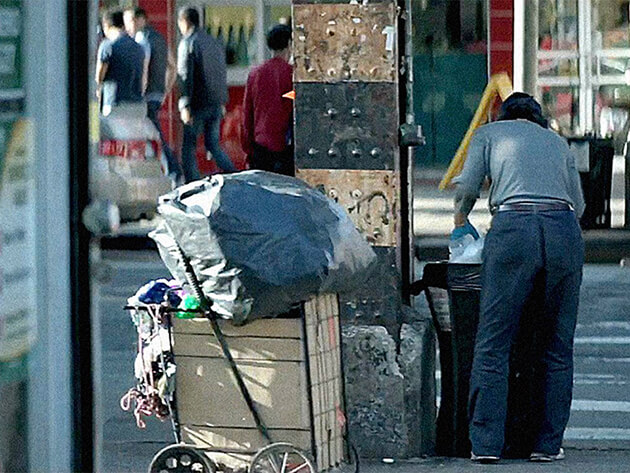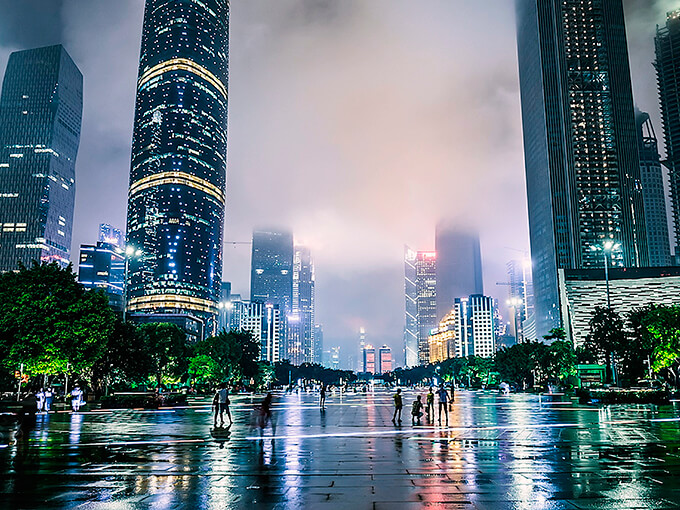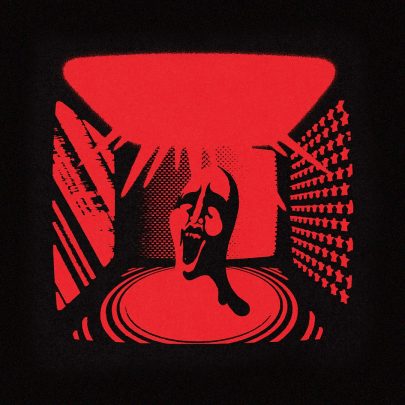Jul 26, 2019 Film & TV
Metro talks to Justin Pemberton, the Auckland-based director of Capital in the Twenty-First Century, a documentary adaptation of Thomas Piketty’s 2013 seminal book on wealth and income inequality.
Metro: How did you come to direct a film version of a 700-page economic text?
Justin Pemberton: I bought the book when it came out and noticed the surprise interest in it. When I read the book, it was a surprise to see that it really was an economic textbook, an academic text that crossed over and caught people’s imagination. And when I heard that New Zealand producer Matthew Metcalfe was in discussion with Thomas [Piketty] to secure the rights to make the film, I really wanted to make it. He asked me to come up with a treatment. That got sent to Thomas and he really liked it. The first thing we talked about for the film was that it really needs to be more of a story, not an academic text onscreen.
The reason Thomas wanted to make the movie was to connect with a broader and wider audience — people who wouldn’t actually read the book. So the film is an economic history of capital, told through a lot of pop culture and reflecting how the stories of capital have been engrained in our storytelling of capital for years.
What is the audience you were thinking of when you were making decisions about what was too economically complex and what was an over-simplification?
It’s ultimately for younger audiences. The people I had in mind were some of the researchers — younger people who I interacted with in the making of the film. I was surprised as I made the film how little people actually knew about history, and particularly the history of capital. It’s not surprising to find people who don’t know the difference between World War I and World War II. And they’re not stupid; they’re just people who have never really put things together.

Why are two New Zealanders making this film?
One of the things Thomas liked — and he was approached by a few different producers when the book came out — was that it was being told by what he referred to as “the global self”, not someone in France, England or America. In some ways, we’re the outsiders. Personally, I’m more of a globalist; I’m not someone who is only looking at New Zealand politics and New Zealand issues. And modern audiences are more globally connected, and think more globally than locally.
To make a 700-page book into a 100-minute film, what I chose to do was focus on the capitalist superpowers, so Britain and France up until World War I, when they were the global capitalist superpowers, spreading their influence throughout the world — as Thomas says in the film, the rest of the world worked for them — and then the rise of America as the capitalist power. And then the final bit of the film where we’re looking at the present and into the future, where China appears. China shows you can be a capitalist country and not a democracy. Going back to capitalism versus communism, there was this belief that capitalism was the economic model of democracy, which, of course, it’s not. Capitalism in many ways can inhibit democracy.
Did making the film make you more despondent or more optimistic?
It probably made me feel a bit better just because it’s a voice — and that’s really important. But when you add in the climate crisis, I don’t think there’s a reason to be too optimistic if things carry on as they are. And that’s what the film is — it’s a warning. It’s a warning that we are in danger of cycling back to the type of inequality seen in the 18th and 19th centuries, and that should be worrying for people. Even if you are a homeowner, just because it has tripled in value in the last two decades, that’s not going to solve anything for your children and grandchildren. It’s easy to be blinded by that.
What makes me optimistic is that there is increasing political awareness and action, particularly among younger generations. And that’s something to be optimistic about, because it’s the only real solution.
Capital in the 21st Century plays at NZIFF from July 21-24. Justin Pemberton will hold a Q+A after the July 21 and 22 sessions.






